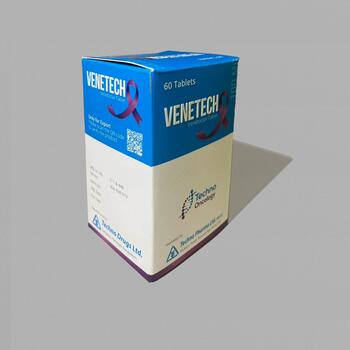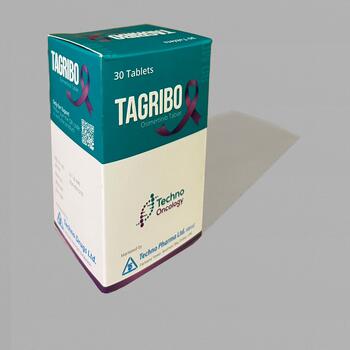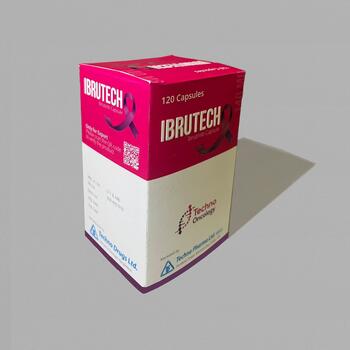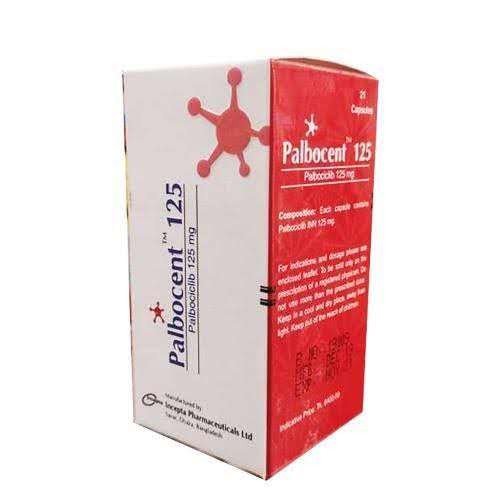厄达替尼 (Erdafitinib) 3mg
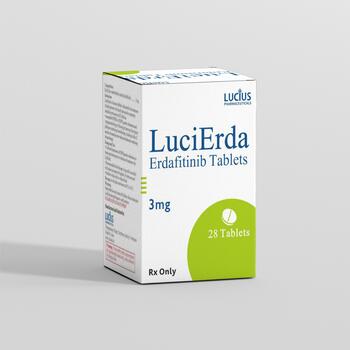
1. Product Ingredients:
The active ingredient in Erdafitinib is Erdafitinib, with the chemical name (N-{3-[(4-methylpiperazin-1-yl)methyl]phenyl}-6-[4-(methylsulfonyl)phenyl]pyrimidin-4-amine). The molecular formula is C25H30N6O3S, and the molecular weight is 494.61 g/mol.
2. Pharmacodynamics:
Erdafitinib is used to treat locally advanced or metastatic urothelial carcinoma (bladder cancer), especially in patients with FGFR2 or FGFR3 gene mutations. These mutations lead to abnormal dependence of cancer cells on growth signals, and by inhibiting FGFR activity, Erdafitinib blocks these abnormal signaling pathways, thereby inhibiting cancer cell growth, proliferation, and survival.
The main therapeutic effects include:
- Reducing tumor size.
- Delaying tumor progression.
- Improving survival rates in some patients.
3. Usage:
Erdafitinib is typically taken orally in tablet form, with a standard dose of once daily. The initial recommended dose is 8 mg (i.e., two 4 mg tablets), and the dose may be adjusted by the doctor based on the patient’s response and tolerance, including reducing it to a 3 mg tablet to better manage side effects. It should be taken with water, either on an empty stomach or with food.
During treatment, the dose should be adjusted according to the patient’s response, and serum phosphate levels should be regularly monitored, as Erdafitinib may cause abnormalities in phosphate metabolism.
4. Development History:
Erdafitinib was developed by Janssen Pharmaceuticals, a subsidiary of Johnson & Johnson. The goal of its development was to provide new treatment options for patients with urothelial carcinoma who have specific gene mutations. In multiple clinical trials, Erdafitinib showed significant efficacy in patients with FGFR mutations. In April 2019, the U.S. Food and Drug Administration (FDA) approved Erdafitinib for the treatment of locally advanced or metastatic urothelial carcinoma, marking the FDA's first approval of an FGFR inhibitor.
5. Mechanism of Action:
Erdafitinib is a targeted drug that works by inhibiting the kinase activity of the FGFR family (including FGFR1, FGFR2, FGFR3, FGFR4), thus blocking the cell growth signals mediated by these receptors. The FGFR signaling pathway plays an important role in normal cell growth and tissue repair, but in certain cancers, FGFR genes undergo mutations or amplification, leading to increased dependence of cancer cells on these signals, promoting cancer initiation and progression.
By inhibiting FGFR mutation or amplification-related signal transduction, Erdafitinib effectively prevents cancer cell growth and spread.
6. Summary:
Erdafitinib is a targeted anticancer drug aimed at FGFR gene mutations, mainly used to treat patients with locally advanced or metastatic bladder cancer with FGFR2 or FGFR3 gene mutations. It works by inhibiting FGFR activity, blocking the growth signals of cancer cells, and has shown significant therapeutic effects in patients with these specific genetic mutations.



